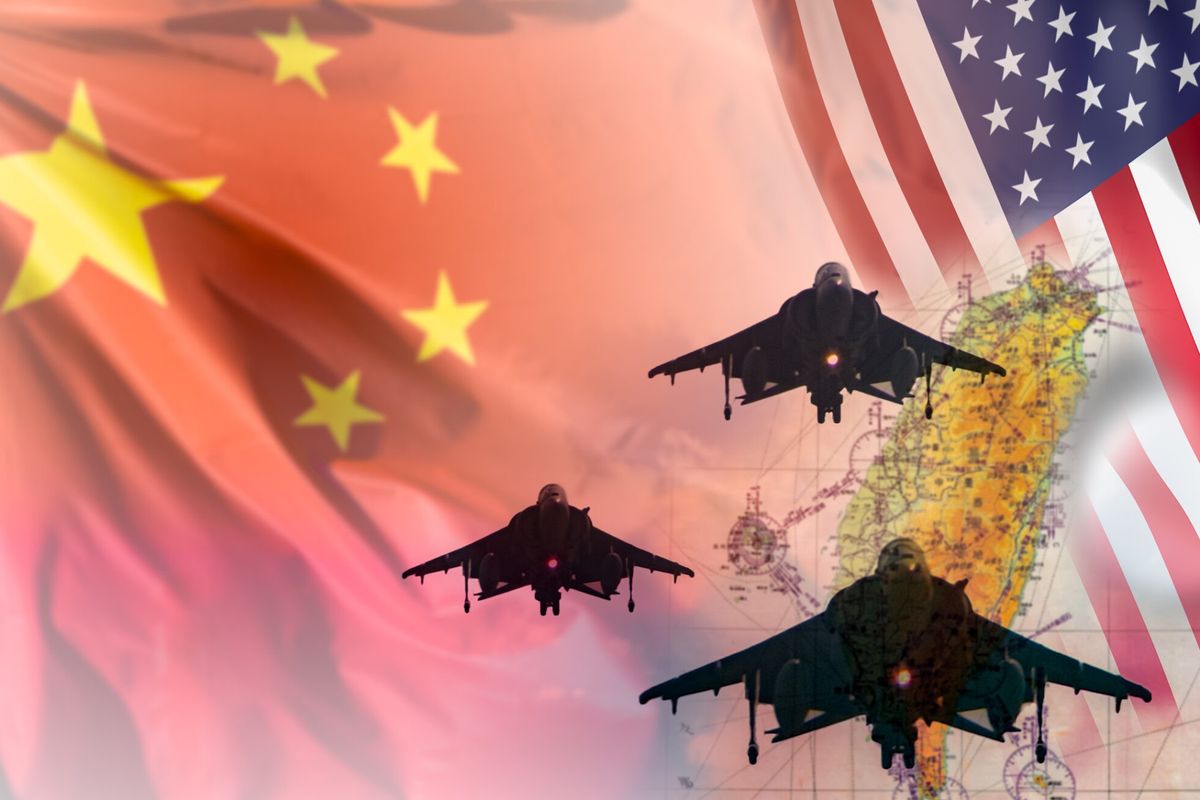The Obama administration has been criticized for a policy of undue passiveness around the world, including in Latin America. It may be a stretch to call it “benign neglect.” After all, the United States has dramatically increased cooperation in Central America and Mexico, while maintaining strong ties with allies like Colombia, Chile, and Peru. But over the last decade, the United States has acted with remarkable restraint when faced with the rise and fall of the late Venezuelan President Hugo Chávez’s leftist alliance with Cuba, Ecuador, Bolivia, Nicaragua, Argentina, and other nations; widespread anti-American rhetoric; the building of hemispheric institutions that exclude Canada and the U.S.; and outreach to China, Russia, and Iran. As commodity riches buoyed ambitions for world order in which “blue eyed devils”—as Brazil’s former President Lula called Americans and Europeans—would be brought to heel by rising powers, Obama’s team for the most part let events unfold.
That bet paid off. As Shannon O’Neil asserted in The Cipher Brief last week, Latin America is more politically stable, institutionally democratic, and set to prosper than ever. Yes, Venezuela is a kleptocracy and Nicaragua an autocracy, but other democracies—Brazil, Argentina, Guatemala—have survived severe institutional and economic crises and emerged with their institutions intact. Leftist firebrand presidents in Ecuador and Bolivia seem to have decided to allow democratic transitions, leaving their nations in relatively good order. Even Cuba has accepted that some degree of market activity and economic—though not political—freedom is necessary to modernize its economy and prolong its communist project.
Chávez’s version of 21st Century Socialism and his Bolivarian Alliance have cratered. Remarkably, no one blames their demise on nefarious CIA actions or U.S. imperialism. Instead, the radical left has been thoroughly discredited in the region, and the corruption and incompetence of its key proponents has been exposed—not only within Venezuela, but also among the Kirchners in Argentina and the Workers’ Party in Brazil. This development should bring long-term benefits for the United States, for democracy, and for the rule of law. By aligning itself with anti-corruption movements and supporting law-enforcement—while militaries stay in their barracks—the United States is on the side of the people. That’s a good place to be in a region of vibrant democracies.
The regional allure of Iran and Russia, never strong to begin with, has all but vanished now that they cannot offer money and subsidized industrial and military equipment. Focused on strategic dilemmas closer to home, their attention to Latin American partners was always shallow and intended mostly for domestic audiences. China will continue to be a major economic actor in the region, but its surge of investment and trade has created blowback and recognition that for Latin America, strong relations with China present problems along with benefits.
Many people in the region still associate Washington with actions it took during the Cold War. As years pass and new generations come to the fore, however, that legacy is fading. Washington hastened the process with its recent pivot from the 20th to the 21st centuries. It has opened diplomatic relations with Cuba and shifted from a drug war focused on interdictions and attacks on producers to policies more focused on the root causes of criminal activity in the region. Regional relations are now shaped less by the ideologies of the 1960s than by the challenges of this century, including climate change and its devastating effects, improved public security, and creating more diverse, equitable, and innovative economies.
More important for regional geostrategy than the rising or falling influence of China or the United States are the new initiatives by Latin American powers on the regional and world stage. Brazil has pushed the development of a meaningful regional community through its membership in the Union of South American Nations (UNASUR) and an expanding common market, Mercosur. Though the results are unclear at this point—as is Brazil’s capacity for regional leadership at all—such efforts could prove significant. UNASUR’s role in peace negotiations in Caracas offers hope that the body might prove useful for regional problem-solving. Decision-making and action within UNASUR and other regional political programs may be slow, but it has worked on several occasions, for example following Colombia’s bombing of a FARC camp on the Ecuadorian border in 2008.
Pacific nations such as Chile, Peru, Mexico, and Colombia are balancing their regional ties with an effort to deepen economic relations among themselves and with East Asian partners. The Trans-Pacific Partnership (TPP) trade agreement, if it were to come into effect, would boost this process dramatically and position those nations for long-term growth. Along with Brazil and Uruguay, these countries contribute significantly to U.N. peacekeeping operations around the world and in offering international security assistance, particularly in Central America. This is another encouraging sign of a region more capable of and disposed toward solving its problems cooperatively, with the United States as one partner among many.
The last decade of low-key engagement or “benign neglect” on the part of the United States has helped leave behind some historical narratives that are damaging to inter-American relations and created conditions for further cooperation among like-minded democracies. The political winds in the region, rejecting radical populist projects in favor of pragmatic, center-left governments, should advance democratic consolidation and international relations under the rule of law. Opportunities abound for Washington to be helpful, from passing the TPP, to further assistance for effective law enforcement and governance in Central America and sharing know-how and investment in climate-change adaptation and clean-energy production. If the United States continues to restrain its impulses to try to lead the region, influence events, and impose outcomes—or as President Obama has phrased it, “do stupid sh**,”—the 1960s will fade further into the history books, replaced by an emerging era of cooperative engagement.













